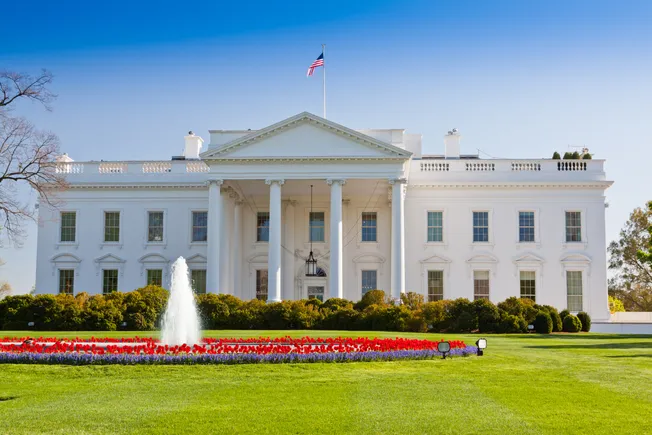Maker of promising Alzheimer's drug Leqembi expects full FDA approval this summer, expanded Medicare coverage
Even if the FDA grants full approval of the Alzheimer's treatment Leqembi, the rollout will take years.

Tek Image/science Photo Library | Science Photo Library | Getty Images
Japanese drugmaker Eisai expects the Food and Drug Administration to fully approve its Alzheimer's treatment Leqembi this summer, which would expand access to the pricey new antibody under Medicare.
U.S. CEO Ivan Cheung said the FDA, which granted accelerated clearance in January, could give full approval as soon as July if the company gets an expedited "priority review" for demonstrating a significant improvement in how early Alzheimer's is treated.
"We're literally talking about maybe like five months away, so we are moving with urgency definitely with CMS right now," Cheung told CNBC in an interview Thursday. The Centers for Medicare & Medicaid Services is the federal agency that will determine how broadly Leqembi, which Eisai has priced at $26,500 a year, is covered for patients diagnosed with early Alzheimer's.
The company, which developed the drug with Biogen, estimates 100,000 people are expected to receive an early Alzheimer's diagnosis and become eligible for Leqembi by 2026 though the number of undiagnosed people is almost certainly higher.
The Alzheimer's Association estimates that more than 2,000 people aged 65 and older progress from mild to moderate dementia due to the disease per day, making them ineligible for Leqembi.
Early Alzheimer's typically hits people ages 65 and older, causing cognitive impairment and other issues. Leqembi has shown promise in slowing the disease's progression in that population, but it carries risks of brain swelling and bleeding.
Medicare published guidance in April 2022 that limits coverage for Alzheimer's drugs like Leqembi that use antibody treatments to target the plaque that causes the disease. Under Eisai's current accelerated approval status, Medicare will only cover the costs of people in clinical trials approved by the FDA or National Institutes of Health.
Eisai has completed its phase three trial and is no longer enrolling patients. This means the medication is currently out of reach for most, except the very wealthy. Cheung said the company is not aware of any patients who have managed to get Leqembi covered through Medicare right now.
Even if it gets full approval under the FDA's "priority review" process, Medicare could still restrict coverage to patients enrolled in research studies approved by CMS, the agency that runs the Medicare and Medicaid federal health insurance programs.
Awaiting FDA answer on timing
The company filed all of its phase three data with its application for full approval in January and should hear back from FDA in March on whether the agency will accept its application. If the agency decides to review Leqembi's application with priority, it could render a final decision within six months.
Medicare beneficiaries who agree to participate in CMS-backed research studies, which are broader than clinical trials, would get coverage if Leqembi receives full approval. But it's possible that CMS could agree to even broader coverage, possibly with no restrictions, if the agency determines that there's a high level of evidence supporting the treatment, Cheung said.
"With a high level of evidence ... the restrictions should be very limited, or maybe even no restrictions and that is Eisai's position," Cheung said. "We believe Medicare beneficiaries should have unimpeded access, broad and simple access to Leqembi because the data fulfill those criteria," he said.
If Medicare continues to restrict coverage, people in rural communities would face a disadvantage because medical institutions and universities are heavily concentrated in bigger cities.
More than 70 members of Congress this month called on Health Secretary Xavier Becerra and CMS Administrator Chiquita Brooks-LaSure to ease the coverage restrictions on Leqembi to ensure more access across America.
"Patients, families, and caregivers living in rural and underserved areas should have the same opportunity for access to treatment," the lawmakers wrote. "It is an enormous physical and financial burden for Medicare beneficiaries to spend countless hours traveling to limited research institutions that host the trials."
Drug rollout will take years
If everything goes according to Eisai's expectations, the FDA would grant full approval and CMS would provide unrestricted coverage of Leqembi. In that scenario, Eisai anticipates that about 100,000 diagnosed early Alzheimer's patients will be eligible by year three of the drug's rollout. Eisai said there's sufficient manufacturing capacity at Biogen's plant in Switzerland.
But Cheung said the major challenge with rolling out Leqembi is that physicians aren't geared toward diagnosing early Alzheimer's because so few treatments exist. CMS also needs to provide broad reimbursement for diagnostic tests, Cheung said. These include PET scans, currently limited to one per lifetime, and cerebrospinal fluid tests which are reimbursed at a low rate, according to the company.
"Every time when you have to adopt a new diagnostic procedure it's going to just take some time," Cheung said. "Reimbursement needs to happen for those diagnostic procedures, and radiologists and health-care providers around the country need to start doing that. And there's a time period it takes for people to get up to speed on how to do that," he said.
About 15% of eligible patients are younger than age 65 and are mostly covered through private insurance, Cheung said. Private insurers are largely waiting for a CMS coverage decision though some may decide to make their coverage decisions earlier, he said. Eisai will offer copay assistance to people who are covered privately, Cheung said.
"There are more flexibility and multiple approaches to offer very good access with very, very low out of pocket costs for those individuals," the CEO said. Eisai has a program to provide Leqembi at no cost to uninsured patients who meet eligibility criteria.
Cheung said the $26,500 annual cost of Leqembi should come down over time. Right now, the treatment is administered twice a month, but Eisai is developing a maintenance regimen where patients would receive a single monthly dose after the first 18 months of treatment.
"It's not approved yet. We expect to file for maintenance dosing by the end of next fiscal year," Cheung said. Maintenance dosing would reduce the cost of Leqembi by about half, he said.
Medicare under pressure
CMS said in January that it would broaden coverage if Eisai provides data that answers questions about the benefits of Leqembi in slowing cognitive decline and potential harm from side effects such as brain hemorrhages.
"One of the things I would just emphasize is as you know, in this particular class, [we] really wanted to have more information as we learn what these products are going to do," CMS Administrator Brooks-LaSure said on Tuesday during a call with reporters. "But we continue to be open to hearing new data from manufacturers and advocates."
Eisai says the data from its phase three trial answers those questions with a high level of evidence, Cheung said.
Medicare's coverage policy is controversial. The Alzheimer's Association, in a December letter to CMS, called for full and unrestricted coverage of Leqembi. Robert Egge, the association's chief policy officer, said it's the first time CMS has pre-emptively decided to not cover a future class of drugs by default.
The Medicare policy stems from controversy surrounding Aduhelm, another Alzheimer's antibody treatment developed by Eisai and Biogen. The FDA granted accelerated approval for that treatment in 2021 despite the fact that the agency's independent advisors said the evidence didn't demonstrate that it slowed the disease. Three advisors resigned over the FDA's decision. A congressional inquiry in December found that the approval of Aduhelm was "rife with irregularities."
Medicare decided last April to restrict coverage on all monoclonal antibodies that target brain plaque for treating Alzheimer's until it receives more evidence demonstrating a benefit to patients.
"It's not a reasonable policy because there's no reason why they had to do this on a class basis," Egge said.
The American Academy of Neurology, the world's largest association of neurologists, told Medicare in a letter earlier this month that there is a consensus among its experts that the phase three clinical trial for Leqembi was well designed and the data was clinically and statistically significant.
The clinical trial results, published in the New England Journal of Medicine, found that cognitive decline was 27% slower over 18 months in people who received Leqembi compared with those who did not receive the treatment. But there were also safety concerns with some patients experiencing brain swelling and bleeding.
The death of a clinical trial participant in the Chicago area could also possibly be linked to lecanemab, according to a research letter published in the New England Journal of Medicine in January
AAN's President Dr. Orly Avitzur called on CMS to revise its coverage limitations so there's broader access for Leqembi should the treatment receive traditional FDA approval.

 AbJimroe
AbJimroe 







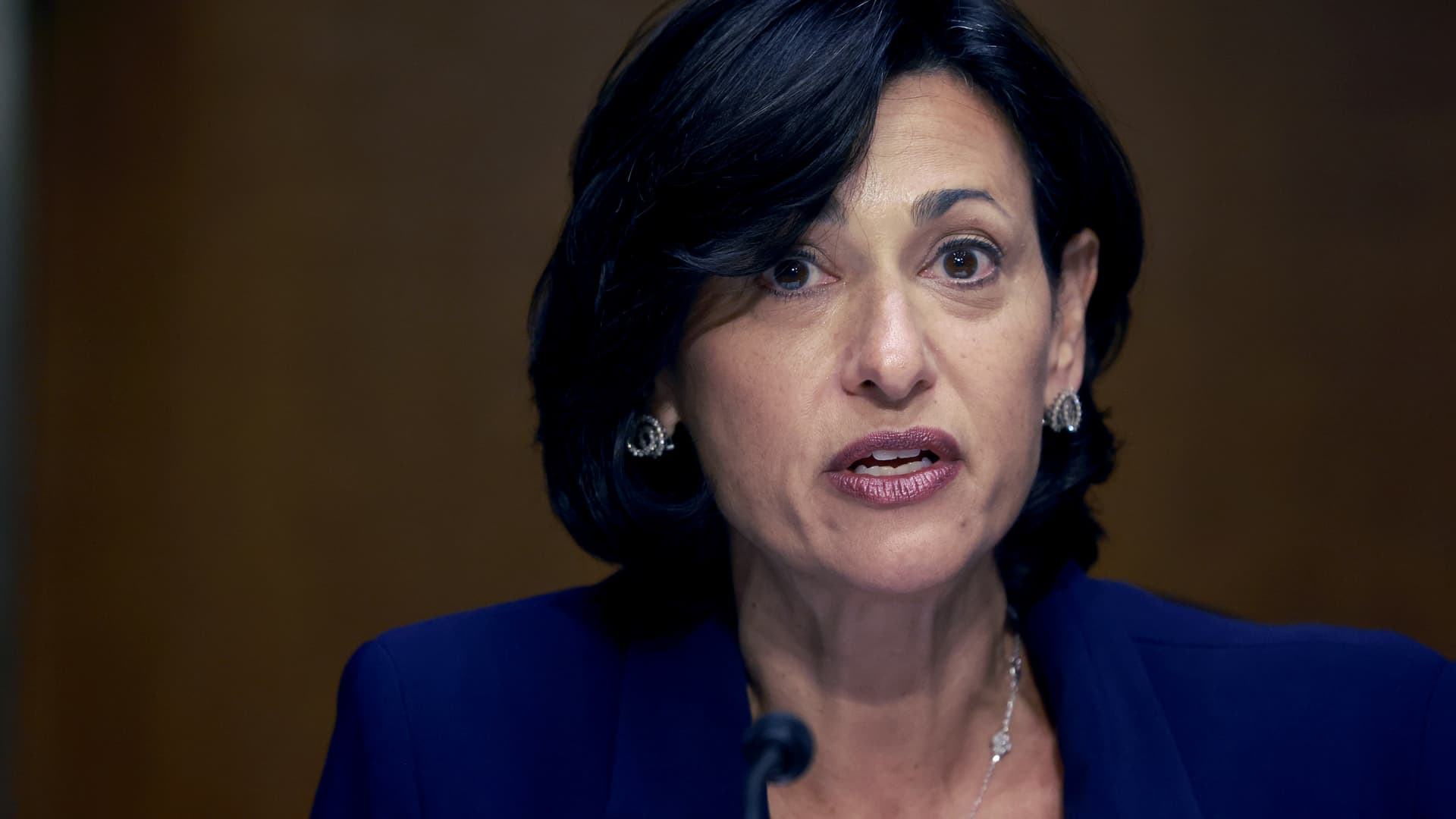
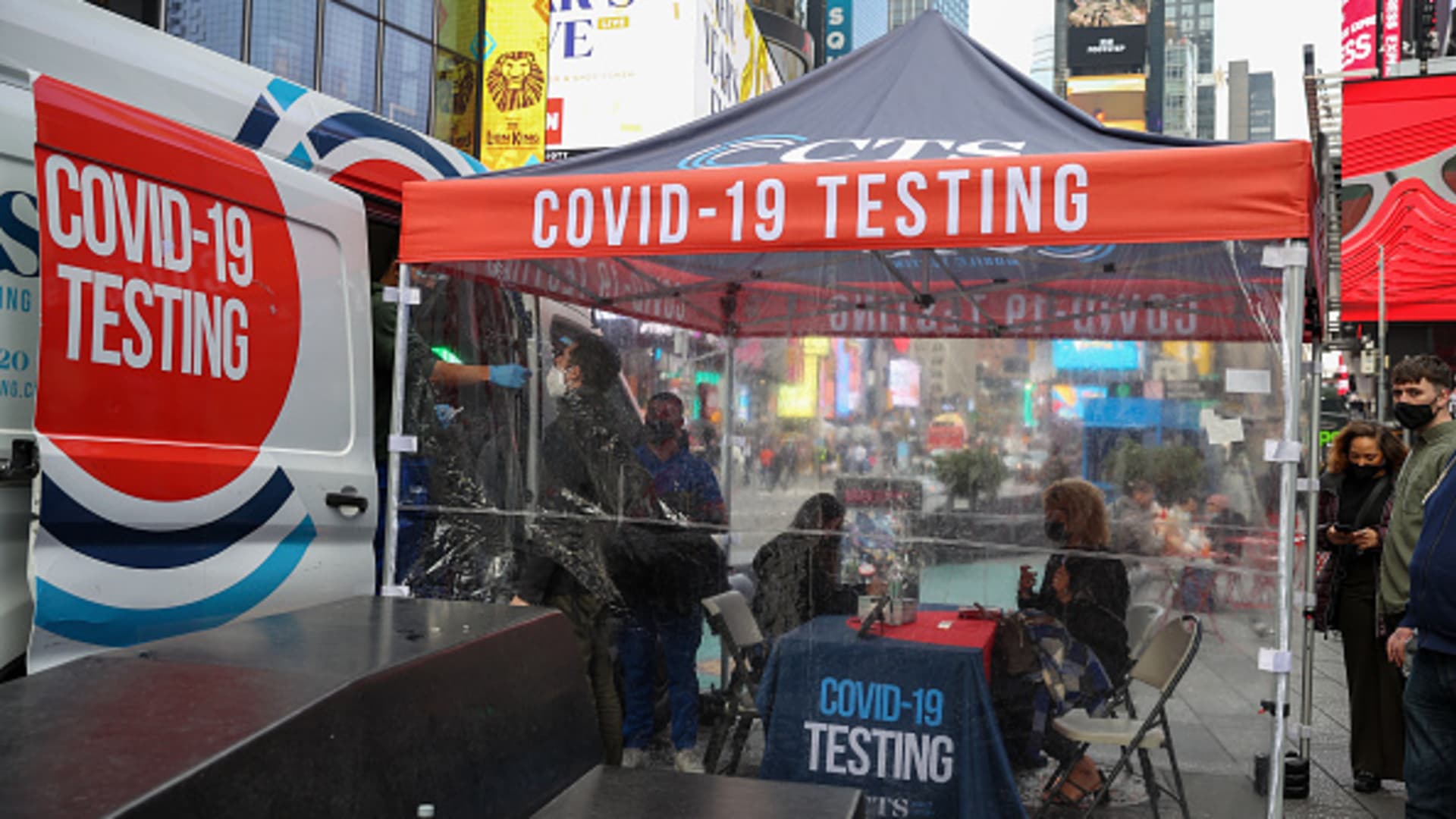

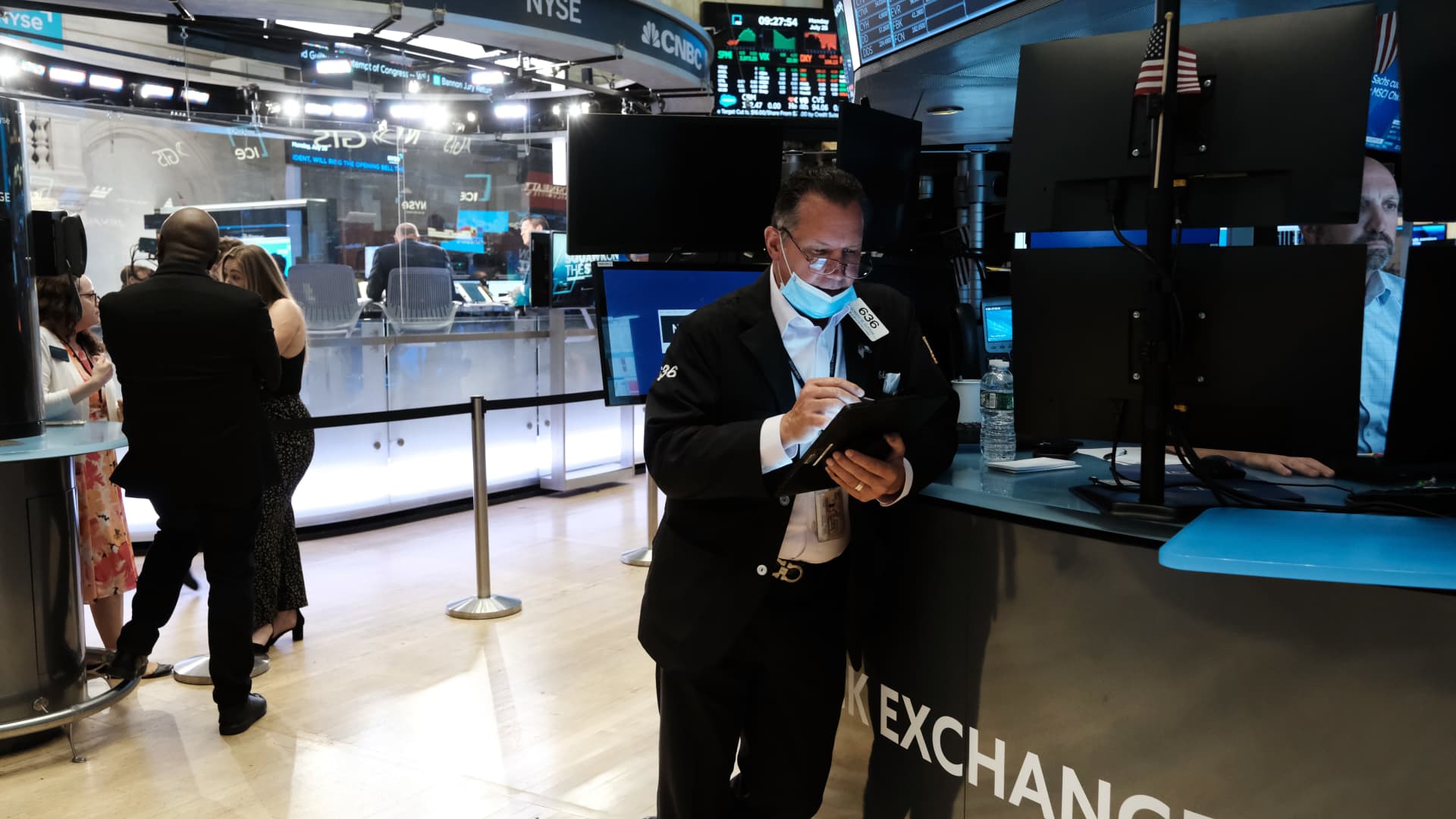

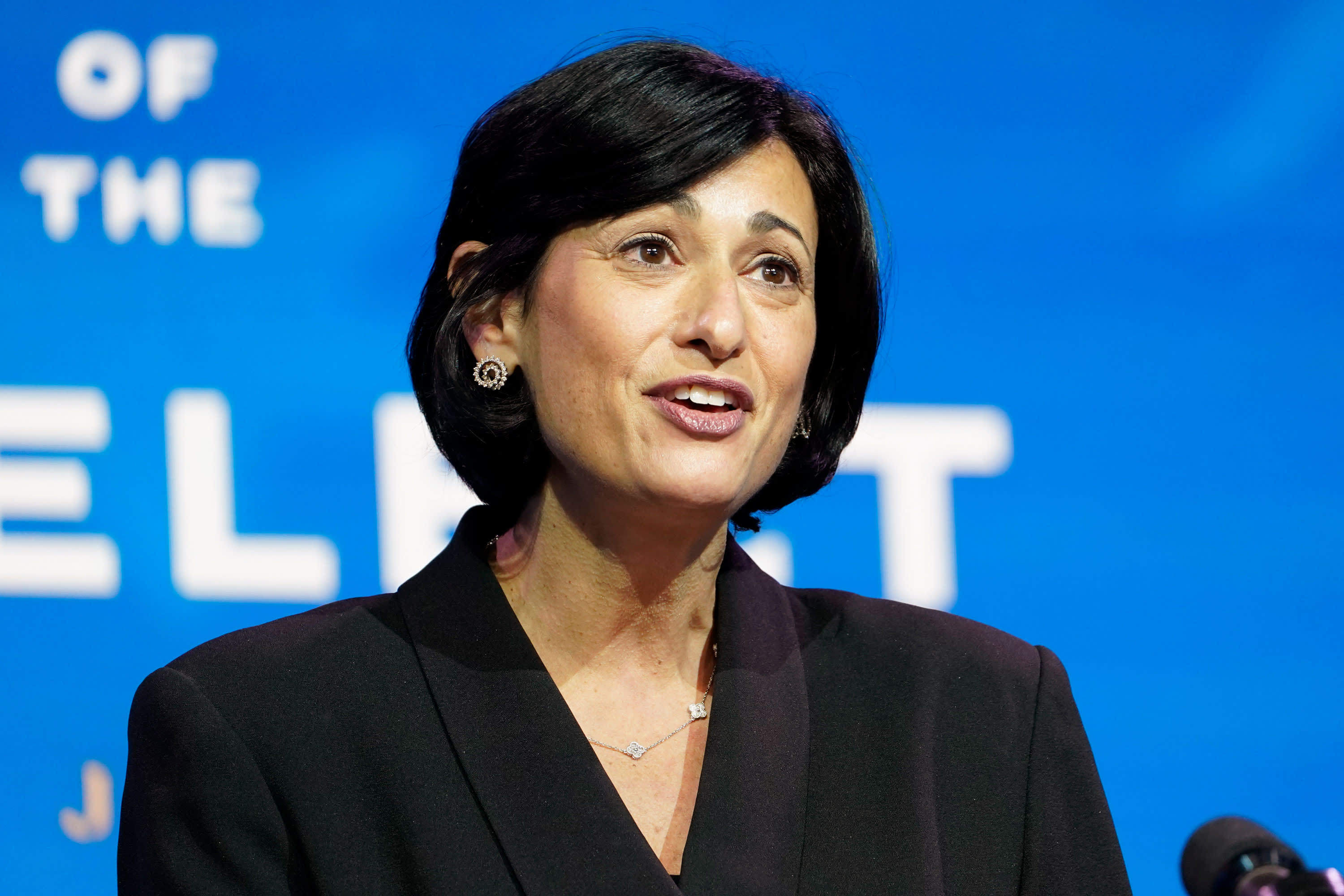














.jpg&h=630&w=1200&q=100&v=f776164e2b&c=1)




